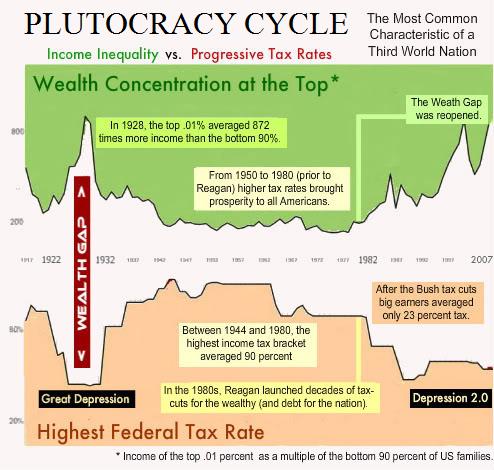NYcarbineer
Diamond Member
lol, if JFK was so conservative, why wasn't he a Republican when he was alive?
And, if JFK was so conservative, why did the conservatives of his time hate him?
And, if JFK was so conservative, why did the conservatives of his time hate him?



